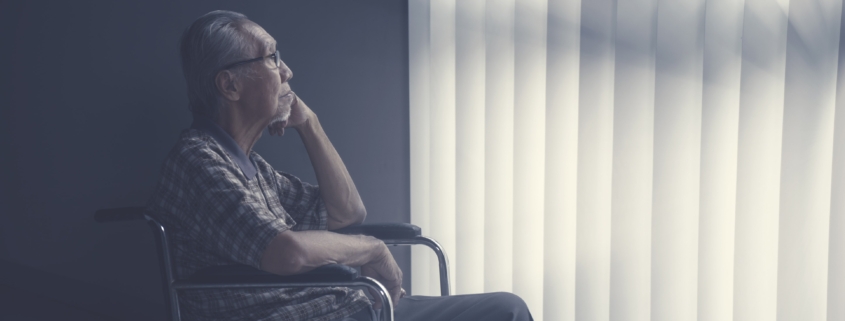Are Your Elders Safe in Jackson’s Care Homes?
Deciding to place a loved one in a nursing home is one of the most challenging decisions a family can face. Trusting others with the care of an elderly family member comes with the hope that they will receive the best possible treatment. Unfortunately, the reality can sometimes be starkly different, with instances of nursing home abuse occurring more frequently than many realize. This post delves into the different types of nursing home abuse, how to recognize the signs, and the crucial role of attorneys in these situations.
Understanding Types of Nursing Home Abuse
Nursing home abuse can manifest in several forms, each potentially devastating to the victim:
- Physical Abuse: This includes any form of physical harm, whether from direct contact like hitting or indirect consequences like neglect leading to falls. Signs of physical abuse are often visible, such as bruises, cuts, or unexplained injuries.
- Emotional Abuse: Emotional or psychological abuse can be just as harmful as physical abuse, though it leaves no visible marks. It includes insults, threats, social isolation, or other forms of psychological harm that can lead to behavioral changes and depression in victims.
- Financial Abuse: Often less discussed, financial abuse involves the illegal or unauthorized use of a resident’s funds, property, or assets. This can range from stealing money to forging signatures or coercing residents into financial transactions that they do not understand or agree to.
Spotting the Signs of Abuse
Recognizing the signs of abuse is the first step in protecting your loved one. Changes in behavior, unexplained injuries, sudden financial issues, or a noticeable decline in emotional well-being can all be indicators of abuse. Families should maintain regular communication and visit as often as possible to monitor their loved one’s condition and the care they receive.
The Role of Attorneys in Nursing Home Abuse Cases
When abuse is suspected, it is crucial to involve skilled legal professionals. Nursing home abuse attorneys are well-versed in the laws and regulations governing elder care facilities. They can help navigate the complex legal process, from gathering evidence and documenting abuse to filing claims for compensation.
Legal Actions and Compensation
Personal injury attorneys can aid in seeking justice for the abused, ensuring they receive compensation for the harm suffered. This compensation may cover medical expenses due to injuries, restitution for financial losses, and damages for pain and suffering. Moreover, legal action helps hold the abusers and the facilities accountable, potentially preventing future abuse to others.
Preventing Future Abuse
The goal of pursuing legal action in cases of nursing home abuse isn’t just about seeking justice for a single individual; it’s also about systemic change. By highlighting issues within nursing homes and pushing for accountability, attorneys can help enforce improvements in care standards and ensure better protection for all residents.
Conclusion
The decision to trust a nursing home with the care of a loved one is significant, and ensuring their safety is paramount. If you suspect that your loved one is the victim of abuse in a nursing home, it’s essential to act swiftly. Engaging a competent attorney can provide the necessary guidance and support to navigate these challenging situations, protect your loved one, and ensure that justice is served in Jackson.

















